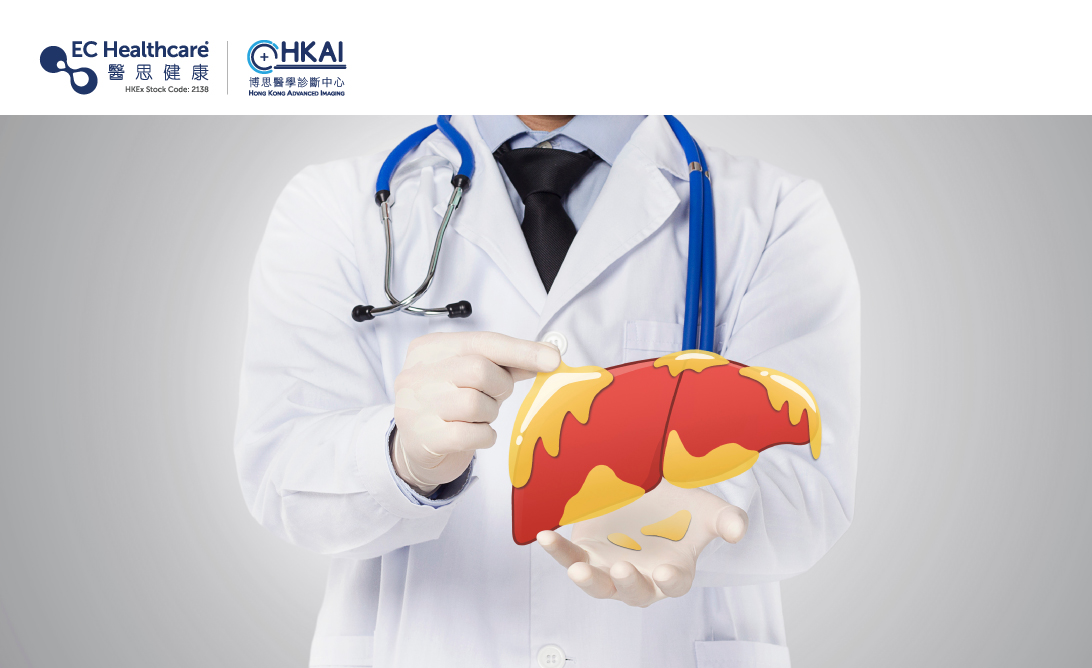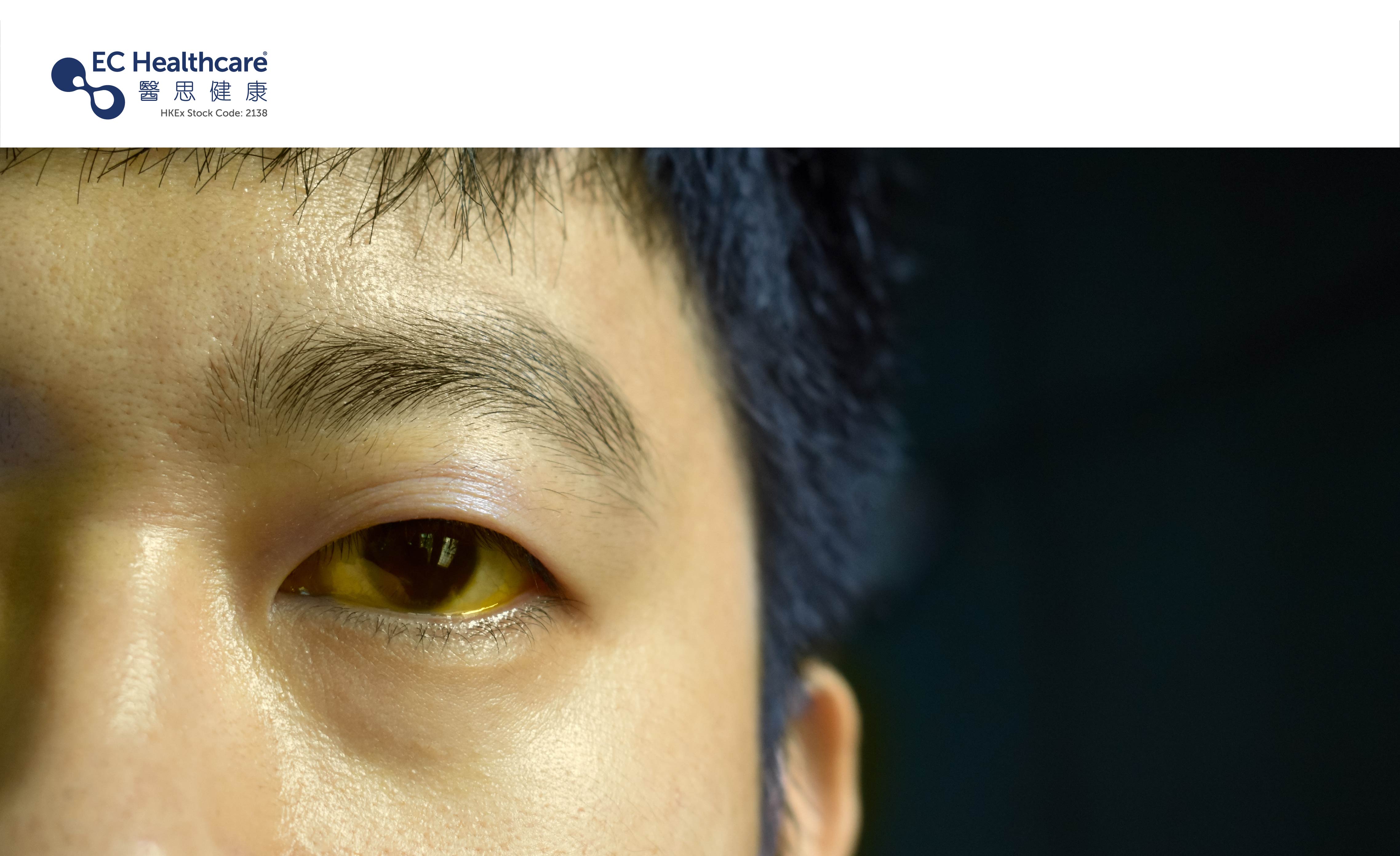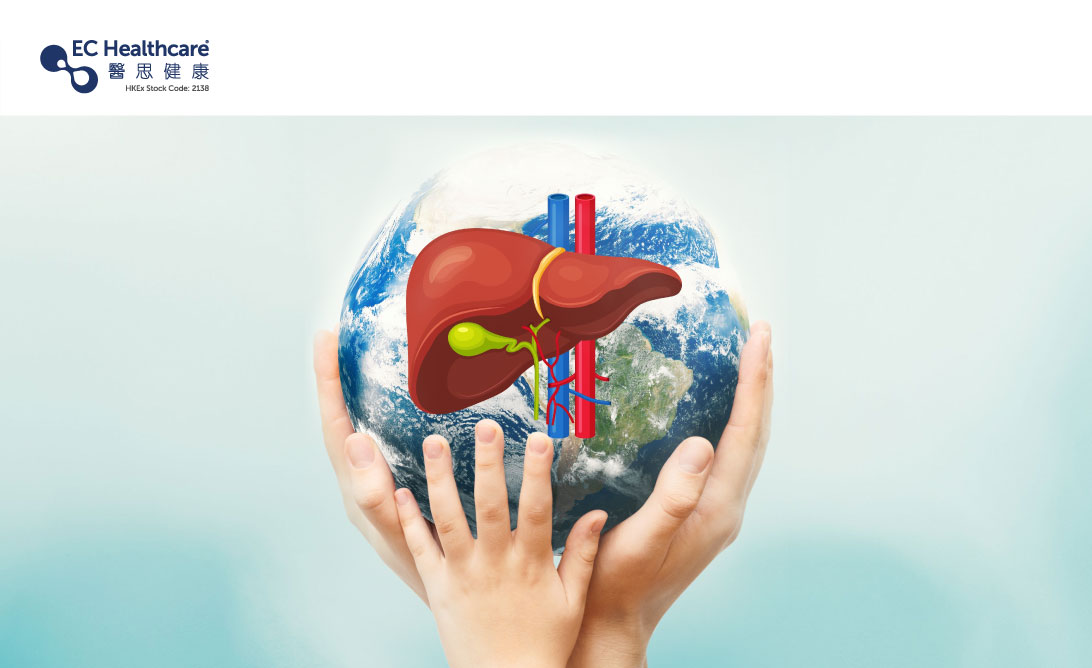Liver Cancer Prevention: Stay Away from Risks Factors and Receive Early Screening!


Liver cancer is the third deadliest cancer in Hong Kong, only after lung cancer and colorectal cancer. One of the reasons for this high mortality rate is the lack of symptoms even when cancer cells and tumours are present in the liver. It is often detected at a very advanced stage, making treatment very difficult. It is therefore very important to have regular medical check-ups.
What is liver cancer?
The liver is the largest organ in the body and is responsible for metabolism, detoxification, calorie storage and bile secretion. It produces bile which digests fats in food, breaks down toxins and alcohol in the body, and then excretes them. Even if a small part of the liver is removed, the liver can heal itself and therefore function normally.
However, liver cancer occurs when liver cells mutate and keep dividing. Liver cancer can be divided into primary liver cancer (which starts in the liver) and metastatic liver cancer (which originates in another organ and spreads to the liver).
Liver Cancer Risk Factors 6 Points to Note
Hepatitis B and C
The Hepatitis B virus is responsible for 55% of all liver cancers worldwide. 1 in 4 Hepatitis patients will develop cirrhosis, which increases the risk of liver cancer.
Fatty liver and other liver-related diseases
Obesity leads to fatty liver, which becomes steatohepatitis, then cirrhosis, and finally liver cancer. Diabetes and other metabolic disorders can also damage the liver.
Consumption of Aflatoxins-Contaminated Food
Aflatoxins found in mouldy peanuts and cereals are a group 1 carcinogen and can affect liver health even when consumed in small amounts.
Environmental Pollution
People in the automotive, construction, electronics, medical and engineering industries are at high risk of exposure to contaminants such as polyvinyl chloride, which can damage liver health.
Infection During Birth
Although liver cancer is not hereditary, mothers with hepatitis B or C can easily transmit the infection to their babies during delivery, increasing the chance of the descendants developing liver cancer.
Alcohol
Prolonged and heavy alcohol consumption may lead to cirrhosis, which may then develop into liver cancer.
Have Regular Check-Ups Despite No Apparent Symptoms
You should receive screening immediately if you identify symptoms such as unexplained weight loss, bloating, stomach ache, itchy skin, nausea, vomiting, loss of appetite, and swollen upper abdomen when palpating.
However, most liver cancer cases are asymptomatic in the early stage. Once detected, they may have already reached the intermediate and advanced stages, missing the best opportunity for diagnosis and treatment. Therefore, to avoid liver cancer, it is important to change your daily habits, starting with reducing alcohol consumption and avoiding mouldy food. Regular medical check-ups are also important to achieve the goal of “Early Prevention, Early Diagnosis, Early Treatment” in preventive healthcare, which helps reduce the risk of cancer.
Related Brands










